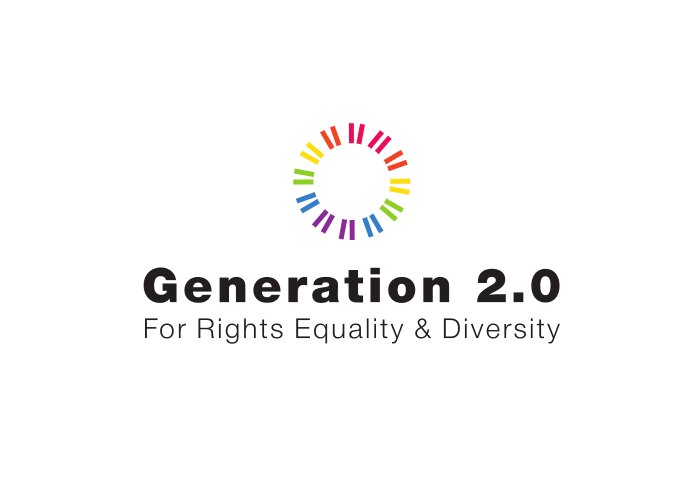Why we created ASET

The main reason for establishing the Representative Council for Research and Documentation (ASET) today is the fact that migrants as well as Greeks of migrant origin have become, a stagnant reality of Greek society. Looking back at the history of migrants in the country, the majority have been legally residing in Greece for over 13 years (2005 was the last comprehensive administrative regularization program for undocumented immigrants). In recent years, an increasing number of asylum seekers and recognized refugees have been added to this population. However, bearing in mind that knowledge of language, access to education and health services and access to employment are considered key factors for social integration, it becomes clear that Greece has not followed a specific social integration program for immigrants. Despite the steps taken to organize the system of “regularizing” immigrants from 1997 to present, there are still gaps or problems related to either the organization of services or failures in planning and in the general institutional approach to the reality of the situation.
Today the challenges are ample and complex. Immigrants experience the economic crisis in the country, having to face both the individual consequences of unemployment, which can lead to the loss of their residence permit, as well as an intricate bureaucratic system which hinders their process of social inclusion. Noting that the ability to exercise one’s rights is directly linked to having a strong and secure residence permit.
The only measure taken to prevent the loss of legal status (“de-legalization” of immigrants) during the economic crisis was with the enactment of the Immigration Code in 2014, where the required insurance days for the renewal of the residence permit where reduced. Following were specific actions in a retrospective attempt to correction the de-legalization issues such as an amendment to the legislation for the resident permit for exceptional reasons. Thus, in 2015, a flexible process of restoring legal status (as a distinct procedure within the system of exceptional reasons) was introduced, a provision which unfortunately was recently repealed. What is more, during the economic crisis, the possibility of migrants’ temporary residence in the country for survival reasons was not considered at all. Meaning, there was no consideration for changing the legislation regarding the permitted periods of absence of immigrants from the country. This lack of foresight resulted in the loss of the right to renew the residence permit by immigrants who have lived legally in the country for many years.
Finally, in the coming months, the administration will be tasked with facing thousands of renewal cases of the ten-year residence permits, which according to the Immigration Code should either be converted into long-term residence permits or be “degraded” into dependent work permits, or worst not renewed at all.
In addition to the aforementioned, there is also a number of issues pertaining to the everyday life and institutional protection of immigrants in the country, particularly in terms of the principle of equal treatment. In this regard, there are several problems in the areas of employment, social security, transactions with various public services and private law bodies, education and employment programs for the unemployed. In general, most of these concern either misapplications of legislation or overregulation as well as a general lack of a culture of implementing the principles of equal treatment.
Greeks of migrant background are also a stagnant reality of Greek society. Access to Greek citizenship has been legislated since 2010, while 2015 is when provisions for easier access of the “second generation” to Greek citizenship were partially restored. However, even here problems are still noted in the administrative implementation of the relevant legislation, where in practice the by law required deadlines for the completion of the process are not being followed. Even when this process is completed, these young Greek citizens continue to be directly affected by immigration policy in various aspects of their socio-political life.
Faced with the challenges mentioned above and in view of the insufficient handling of immigration issues, the creation of the council marks the recognition of the need for a collective effort towards advocating for fundamental rights.

 Ελληνικά
Ελληνικά

